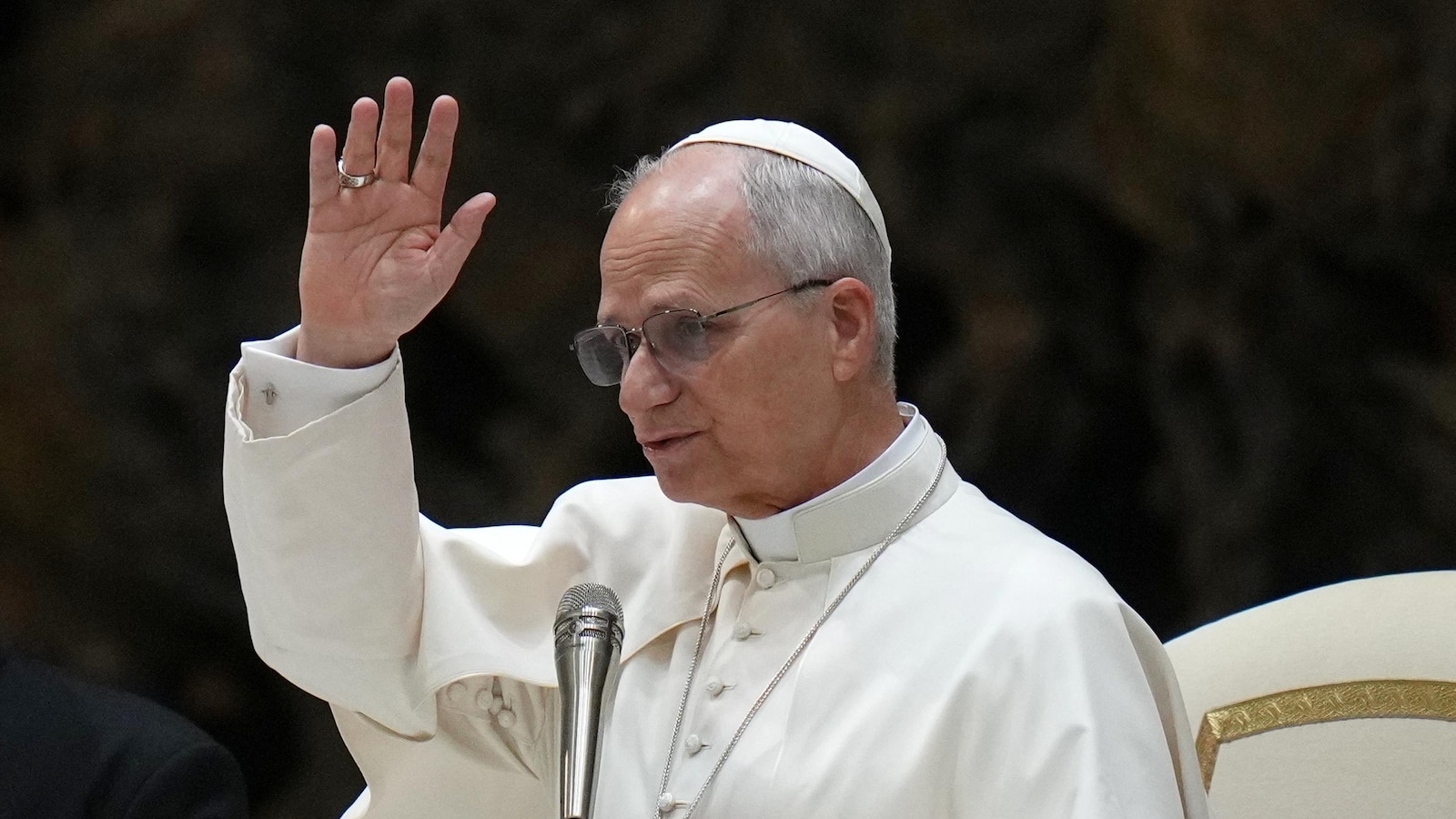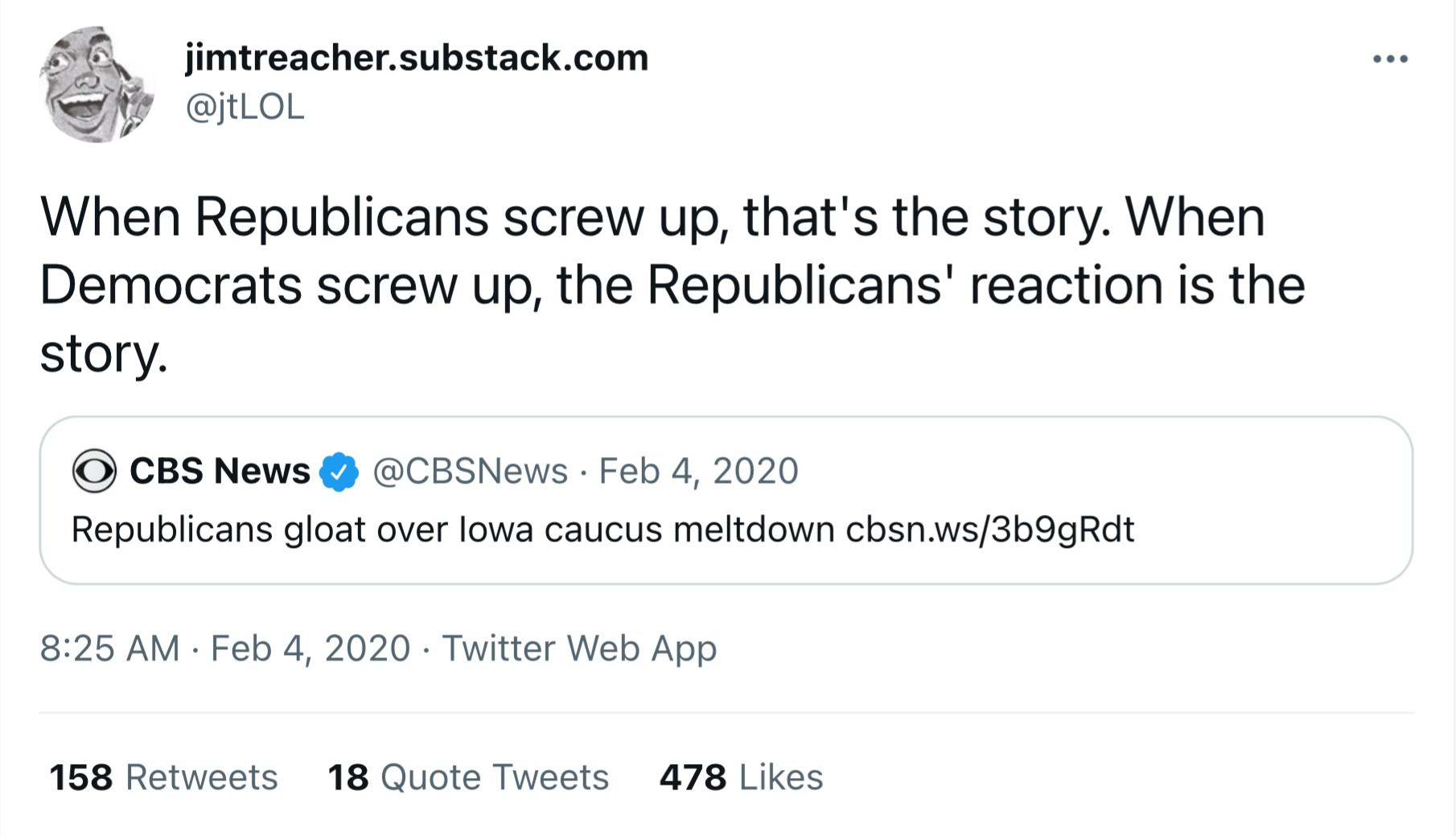NEW YORK, Oct 18 (IPS) – Next month, the latest annual United Nations climate extravaganza, COP27, will take place in Sharm el-Sheikh, Egypt. Last year it was in Glasgow. Next year it will be held in (drum roll please) … Dubai!
These big climate events have been around a long time. Since 1995, there has been a climate COP (short for “Conference of the Parties”) every year except 2020, when it was postponed due to the Covid pandemic. Over the years, the COP roadshow has traveled far and wide. From Berlin to Buenos Aires, Kyoto to Cancun, and Bali to Marrakesh, the COPs have criss-crossed the globe with the aim of finessing new agreements to see off the specter of climate change.
These annual summits generate a lot of interest. The most recent in Glasgow attracted tens of thousands of participants. World leaders and celebrities often jet in and join the throng, while the global media reports every move in the corridors of power and concerned citizens protest outside. And yet the COPs are only the tip of the proverbial iceberg when it comes to UN-sponsored climate meetings.
If you add the several preparatory meetings in the lead-up to the COPs, plus a host of workshops and other events by various expert technical groups, you’re easily looking at several dozen gatherings every year.
Each event is supposed to help us move the needle on climate change, keeping our warming world within the 1.5o Celsius threshold beyond which we face potentially catastrophic consequences. But what, exactly, do all of these many meetings accomplish? Are they really worth all this time and effort?
The climate bandwagon: Roll up for the never-ending world tour!
There are plenty of arguments against letting the climate circus continue its endless circuit. For a start, science tells us that in spite of all the many meetings held, we’re still on a dangerous path. Groups like Carbon Action Tracker estimate that we’re currently on track for somewhere between 1.8-2.7 oC, with the lower number representing their most optimistic—and least likely—scenario. This is clearly well above where we need to be.
Another common complaint is that UN climate COPs are mostly just talking shops; in Greta Thunberg’s words, too much “blah, blah, blah” and not enough action. For all the millions, even billions, of words uttered at these events, they can often end in acrimony with little of substance agreed. Surely, the money used to hold these summits could be better spent on something else?
Even when agreement is reached, say the critics, there is no guarantee governments and other stakeholders will keep their pledges. History is littered with broken promises and diplomatic treaties that aren’t worth the paper they’re written on.
These arguments are all credible and we don’t disagree with any of them. But here’s the thing. For all their weaknesses and flaws, these summits actually matter a lot.
Like a rolling stone …
First, the United Nations climate process has definitely moved the needle when it comes to our response to climate change. When the UN climate treaty was first signed in 1992, it triggered a wave of national laws, policies, and regulations that have rippled out across every country on earth. This process has started to shift almost every aspect of our modern economic system away from 200 years of reliance on fossil fuels.
Take our global energy systems, for instance. From being a niche market in the 1990s that could not compete on cost with coal, oil and gas-generated electricity, in 2020 solar power became the cheapest source of electricity in history. The technology behind both solar and wind have moved on in leaps and bounds since the 1990s, thanks in large part to the flow-on effects of international lawmaking.
The much-maligned Kyoto Protocol of 1997, now largely superseded by the 2015 Paris Agreement, brought the private sector firmly into the equation, launching carbon markets and spurring private sector investment that has begun to reshape our global economy away from its reliance on fossil fuels.
From electric vehicles to power generation to building design, the number of changes catalyzed by our international work on climate change are too many too list. Probably the best metric for judging the UN climate summits, however, is their impact on long-term global warming.
In recent years, projections for the expected long-term warming have fallen from as much as 4-6C before the Paris Agreement was inked, to around 1.8-2.7C now, assuming we implement pledges made at UN summits. And while anything above 1.5C is still very, very bad and the need for more action remains urgent, it’s not as unimaginably catastrophic as those higher numbers would be.
The worst approach … except for all the others
That’s not to say the UN climate process can’t be improved. Some people would like to see them shrunk back to their size in the early days, when just a couple of thousand people—key negotiators and a smaller number of other stakeholders—met in person. This, they say, would render it more manageable, reduce the carbon footprint, and make it less of a “circus.”
There are arguments on both sides here. While on the one hand it is true that arguably only a few hundred diplomats could handle the haggling over the official UN documents under negotiation, it is worth noting the impact those other participants can have.
For a start, many new pledges and promises are emerging on the sidelines of the official negotiations; “coalitions of the willing” wishing to make progress in specific sectors like, say, green investment, electric vehicles, reducing methane emissions or halting deforestation.
These alliances of governments, private companies and other stakeholders are able to make advances in specific sectors where the official UN negotiations—which require consensus among more than 190 governments—cannot. The groups involved in such coalitions choose to network, negotiate, and announce their plans during the COPs because of the public interest in these events.
Attend just one of these COPs and you will soon notice how many connections are made, partnerships are formed, and ideas generated, by participants not involved in the formal UN business of treatymaking. The benefits of these meetings and collaborations are hard to measure, but certainly considerable.
UN negotiations can often feel glacial. With the scientific community—and the daily news of extreme weather events around the world—reminding us of the need for urgency, it can feel like the discussions are going far too slowly. Obviously, there is much more to be done in a short space of time given that we are still hurtling towards some pretty frightening outcomes without more progress. Still, the UN process has made a difference and started to move the needle, even if is not yet happening fast enough.
And what are the alternatives? No single country or private entity stands a chance of dealing with this threat alone. Neither Amazon nor Google can conjure up an online answer to this type of problem. The US or China can’t “go it alone” and no coalition of governments has been able to deliver what’s needed. It is clear, therefore, that a multilateral, global process involving all governments and stakeholders presents our only chance of containing such a global threat.
Winston Churchill once described democracy as the worst form of government except for all the others. The same applies to multilateralism and climate change. It is flawed, frustrating and at times agonizingly slow. But it is still without doubt our last best hope of success.
Stepping up
So what needs to happen at COP27 in Egypt? Many are describing it as the “implementation COP” where we begin to turn pledges and well-laid plans into action. There will be pressure for countries to come with bolder measures to reduce their national emissions and for wealthier nations to bring more money to the table when it comes to supporting the developing world. In particular, more support for adaptation, as well as financial help dealing with the loss and damage already wrought by climate change, will need to be addressed promptly.
We will also need to see inspired leadership. In our new book, Heroes of Environmental Diplomacy, we argue that dedicated and committed individuals can make a significant difference at these events. Examples from the recent past, such as the dedication of a handful of scientists and diplomats who helped create the Montreal Protocol and save the ozone layer, show that we can all play our part in turning the tide.
More recently Christiana Figueres, the former head of the UN climate office and one of the architects of the Paris Agreement, is an example of the type of leadership that will be required at the next COP. Figueres is an advocate of “stubborn optimism” and the need to blend urgency with action. We agree. Persistence, combined with a belief that there is still time to make a difference, should be our guiding light during this critical time.
Currently, the UK as hosts of COP26 still hold the climate presidency, which they will hand over officially to Egypt at the start of COP27 in November. Glasgow exceeded many insiders’ expectations, with Alok Sharma delivering a poised performance in spite of the UK’s recent domestic political turmoil. How will the incoming Egyptian presidency step up to the challenge? And how too will the new UN climate chief, Simon Stiell, approach this major meeting?
As we look to COP27 and beyond, we wonder who the heroes of tomorrow might be? With time running out, we need environmental champions now more than ever.
Prof. Felix Dodds and Chris Spence have participated in UN environmental negotiations since the 1990s. They co-edited Heroes of Environmental Diplomacy: Profiles in Courage (Routledge, 2022).
© Inter Press Service (2022) — All Rights ReservedOriginal source: Inter Press Service
















